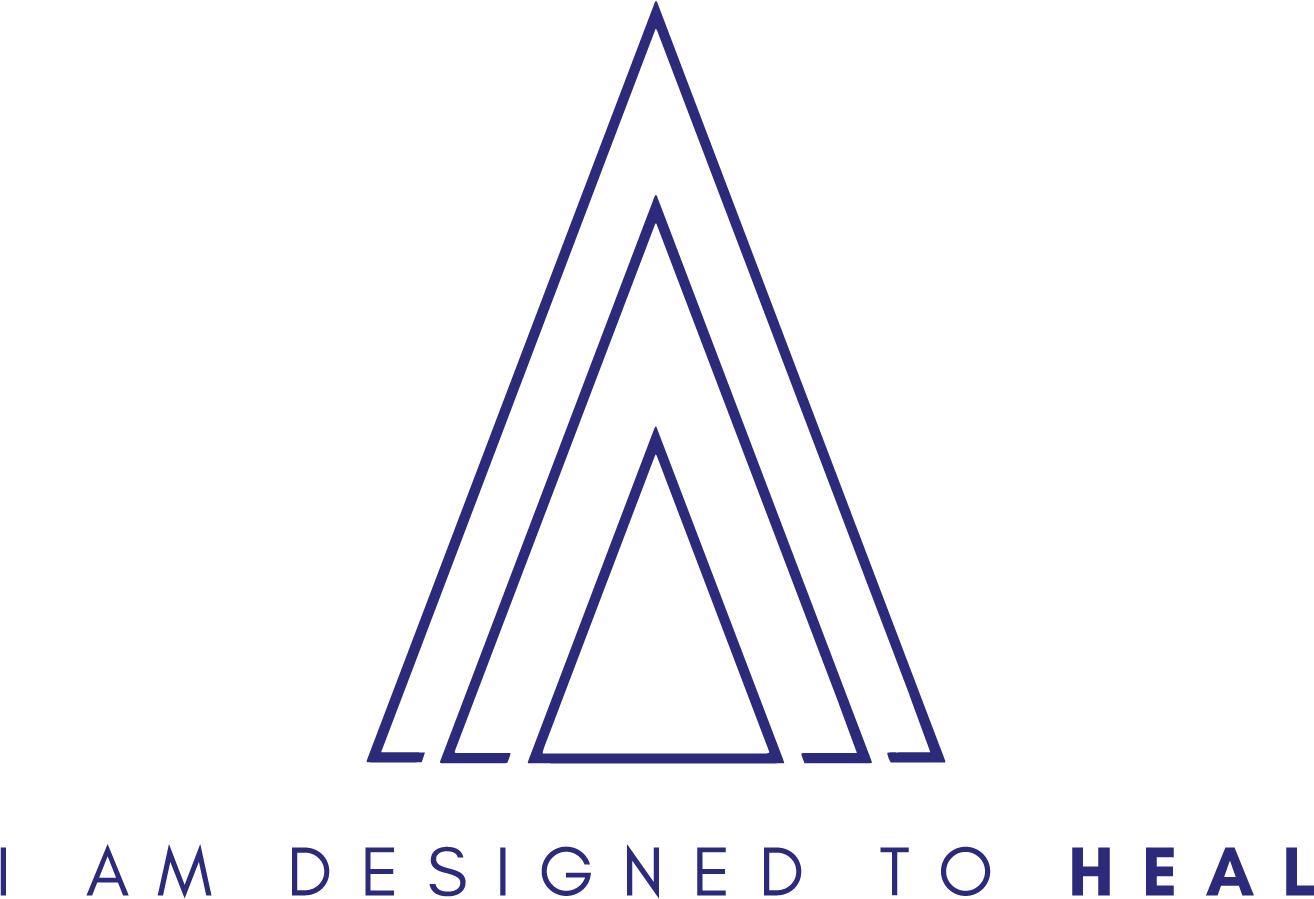
12 Jan Reveal Your Weight Loss Potential with Acupuncture and Tui Na
Achieving your weight loss goals can feel challenging, but pairing diet and exercise with natural, holistic methods may offer the boost you need. Traditional Chinese Medicine (TCM) techniques, such as acupuncture and Tui Na, provide a time-tested approach to weight management. Here’s how these practices, combined with modern innovations like GLP-1 drugs, can support your journey.
How Acupuncture Supports Weight Loss
Acupuncture, the ancient practice of inserting thin, sterile needles at specific points on the body, is designed to restore balance and promote healing. Here’s how it can help with weight management:
1. Appetite Regulation: Acupuncture influences appetite hormones like ghrelin (which stimulates hunger) and leptin (which signals fullness). Studies suggest it can reduce cravings and prevent overeating (Li et al., 2018).
2. Stress Reduction: Stress often leads to weight gain, particularly in the abdominal area. By lowering cortisol levels and increasing endorphin production, acupuncture promotes relaxation, making it easier to adhere to a weight loss plan.
3. Improved Digestion: Imbalances in digestion can stall weight loss. Acupuncture enhances digestive function by addressing the stomach and spleen meridians, improving nutrient absorption and metabolism.
Tui Na: A Hands-On Approach
Tui Na, often referred to as “Chinese therapeutic massage,” incorporates acupressure, stretching, and massage techniques to balance the body’s energy (Qi). Here’s why it’s beneficial for weight loss:
1. Boosts Circulation and Metabolism: Tui Na stimulates blood and energy flow, improving metabolism and promoting fat burning.
2. Reduces Water Retention: By targeting specific acupoints, Tui Na can relieve bloating and help the body shed excess fluids.
3. Enhances Digestive Health: Like acupuncture, Tui Na supports gastrointestinal function, alleviating issues such as constipation and bloating that can hinder weight loss progress.
GLP-1 Drugs and Their Weight Loss Benefits
GLP-1 receptor agonists, such as semaglutide (Ozempic and Wegovy), have gained attention for their ability to aid weight loss. These medications work by mimicking the hormone GLP-1, which regulates appetite and insulin levels.
1. Appetite Suppression: GLP-1 drugs slow gastric emptying and increase feelings of fullness, reducing calorie intake.
2. Improved Blood Sugar Control: These medications enhance insulin sensitivity and lower blood sugar levels, making them particularly effective for those with obesity-related metabolic issues.
3. Proven Results: Research has shown that GLP-1 drugs, when combined with healthy lifestyle changes, lead to significant weight loss. However, side effects like nausea may occur and require management.
Integrating TCM with GLP-1 Medications
Pairing TCM techniques with GLP-1 medications can amplify weight loss results. For example, acupuncture can alleviate nausea—a common side effect of GLP-1 drugs—by balancing the stomach meridian. Meanwhile, Tui Na can enhance digestion and relieve stress, creating a comprehensive approach to weight management.
Tips for a Holistic Weight Loss Strategy
To maximize the benefits of acupuncture, Tui Na, and GLP-1 drugs, consider the following:
- Embrace a Balanced Diet: Choose nutrient-dense foods, including warming soups and lightly cooked vegetables, which align with TCM principles.
- Stay Active: Engage in activities like walking, yoga, or strength training to complement your treatments.
- Practice Mindfulness: Techniques such as meditation and Qigong can reduce stress and support mental clarity.
What to Expect from TCM Treatments
Your TCM practitioner will assess your unique needs and develop a personalized plan. Acupuncture sessions last 30-60 minutes, while Tui Na treatments typically range from 30 minutes to an hour. Many people experience relaxation and improved energy levels after these sessions.
Scientific Support for TCM in Weight Loss
Research underscores the effectiveness of TCM practices. For instance, a review in Obesity Reviews found acupuncture significantly supports weight loss when paired with lifestyle changes (Zhao et al., 2021). Additionally, Tui Na has been shown to enhance gastrointestinal health, a critical factor in maintaining a healthy weight (Chen et al., 2019).
Conclusion
Acupuncture and Tui Na offer natural, holistic methods to enhance your weight loss journey. These practices not only target physical aspects of weight management but also address mental and emotional well-being for sustainable success.
When combined with modern treatments like GLP-1 drugs, TCM can provide a synergistic approach to achieving your goals. Consult with a licensed TCM practitioner and healthcare provider to create a tailored plan. Start your journey to a healthier, happier you today!


